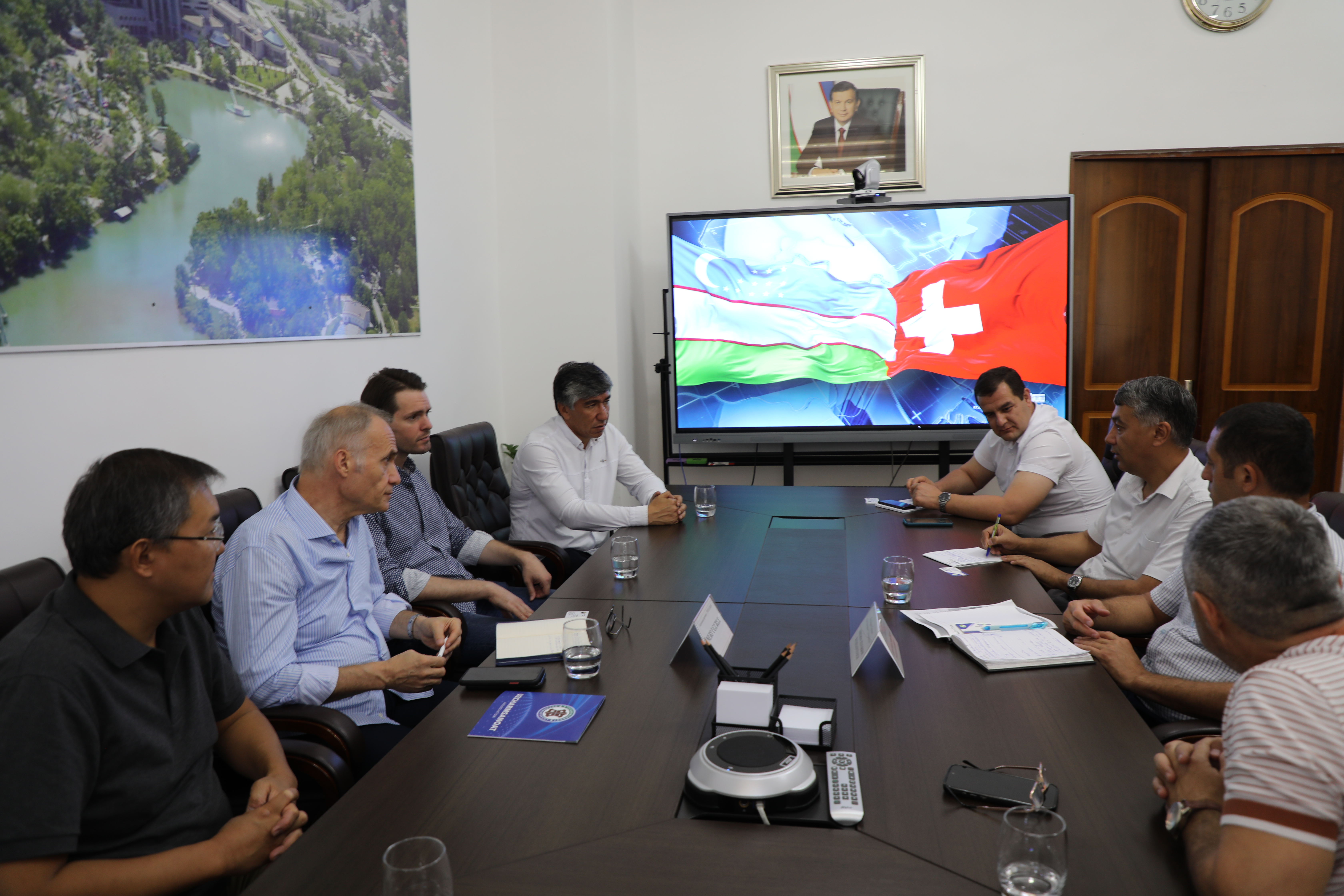
The year 2025 has been declared the Year of Environmental Protection and the Green Economy in Uzbekistan. This is not just a slogan but a period of concrete action, technological reforms, and new partnerships. One such initiative is the recent negotiations between Switzerland’s leading environmental innovation company SWISS GROW and the Uzbekistan Leather Industry Association “Uzcharmsanoat.”
At the heart of the discussion was the recycling of waste generated in the leather manufacturing process and its conversion into mineral fertilizers essential for agriculture. For many years, such waste from leather factories was either disposed of or destroyed, while its true value and potential remained unknown to most. The technology offered by SWISS GROW will make it possible to transform this waste into valuable mineral fertilizers for agriculture.
This creates a dual benefit: firstly, protecting the environment from pollution, and secondly, providing agriculture with locally produced, eco-friendly fertilizers. Global experience shows that such “double-benefit” technologies are already successfully operating in developed countries such as those in Europe and South Korea. Uzbekistan, however, aims not only to import this technology but to integrate it into its own production chain. This marks a new stage in the synergy between the industrial and agricultural sectors and a practical embodiment of the green economy.
During the negotiations, the parties discussed the procedures for implementing the investment project, the legal framework, and the allocation of the necessary land. It was also emphasized that once the project is launched, 60% of the waste generated in leather production will be fully recycled in the first stage. The preliminary cost of the project is estimated at $2 million.
This development also holds strategic importance for Uzbekistan’s international image, presenting the country not just as a raw material supplier but as a high-tech, environmentally responsible, and innovation-oriented partner. The concept of turning leather industry waste into “life for the soil” is not merely about recycling — it is about rethinking resources and creating a sustainable solution for the future.
Uzcharmsanoat